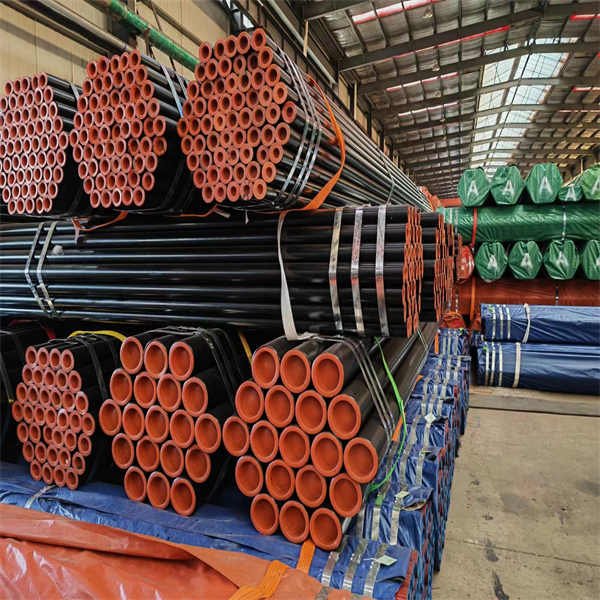Carbon Steel Pipe: The Backbone of Industrial Infrastructure
Introduction: In the realm of industrial infrastructure, one material stands tall as the backbone of countless applications: carbon steel. Carbon steel pipes have been an essential component in various industries for decades, owing to their exceptional strength, durability, and versatility. This blog aims to delve into the world of carbon steel pipes, exploring their composition, properties, applications, and benefits.
Composition and Properties: Carbon pipes are primarily made from a combination of iron and carbon, with trace amounts of other elements such as manganese, silicon, and sulfur. The carbon content in these pipes typically ranges from 0.06% to 1.5%, determining their hardness, strength, and ductility. The higher the carbon content, the greater the hardness and strength of the pipe.
Applications:
- Oil and Gas Industry: Carbon pipes are extensively used in the oil and gas sector for transporting fluids, such as crude oil, natural gas, and petroleum products. Their high tensile strength and resistance to corrosion make them ideal for handling harsh environments.
- Water Supply Systems: Municipal water supply networks rely heavily on carbon steel pipes due to their affordability, durability, and ease of installation. These pipes effectively transport potable water, wastewater, and irrigation water over long distances.
- Construction and Infrastructure: Carbon steel pipes find widespread use in construction projects, including buildings, bridges, and underground structures. They provide structural support, serve as conduits for electrical wiring and HVAC systems, and facilitate plumbing installations.
- Manufacturing and Processing: Various manufacturing industries employ carbon steel pipes for conveying gases, chemicals, and fluids within their production processes. These pipes withstand high temperatures, pressures, and corrosive substances, ensuring efficient and safe operations.

Benefits:
- Strength and Durability: Carbon pipes possess excellent tensile strength, allowing them to withstand heavy loads and extreme conditions. They are highly resistant to impact, abrasion, and deformation, ensuring long-lasting performance.
- Cost-Effectiveness: Carbon pipes are cost-effective compared to other materials like stainless steel or copper. Their affordability makes them a preferred choice for large-scale industrial projects and infrastructure development.
- Versatility: Carbon pipes come in various sizes, shapes, and thicknesses, catering to diverse application requirements. They can be easily welded, bent, and fabricated into customized configurations, enhancing their versatility.
- Corrosion Resistance: While carbon steel is susceptible to corrosion, protective coatings, such as galvanization or epoxy coatings, can be applied to enhance its resistance to rust and other forms of corrosion.
Conclusion: Carbon steel pipes have revolutionized the way industries operate by providing a robust, reliable, and cost-effective solution for fluid transportation and structural support. Their remarkable strength, durability, and versatility have made them indispensable in sectors ranging from oil and gas to construction and manufacturing. As we move forward, carbon steel pipes will continue to play a pivotal role in shaping our industrial landscape, ensuring the smooth flow of resources and supporting critical infrastructure worldwide.

